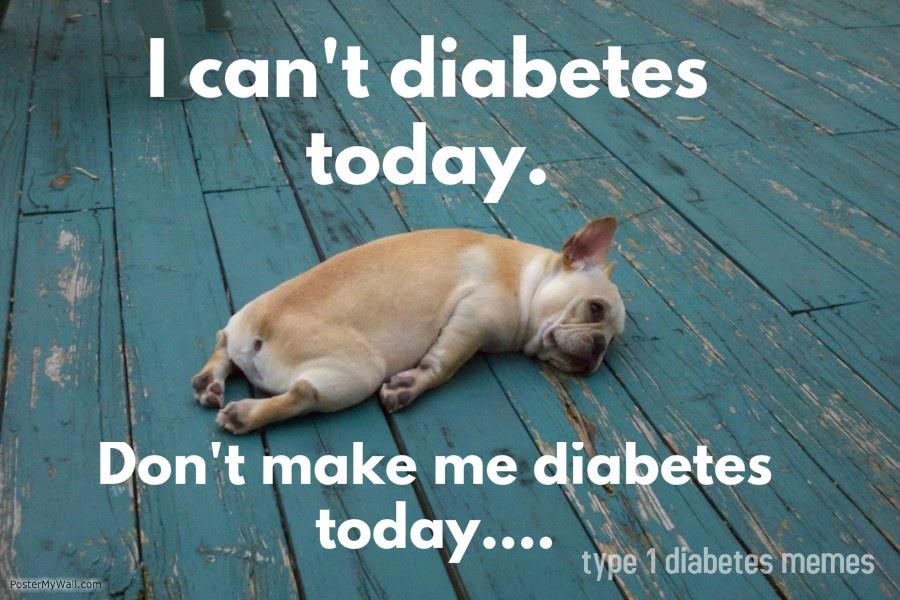Diabetes self-management encompasses a range of activities, or “behaviors,” that the person with diabetes engages in to care for their condition and promote health.
Broadly stated, self-management tasks include:
- Daily management tasks such as taking medications, observing nutrition plans, self-monitoring, physical activity
- Maintaining daily life while living with a chronic condition
- Dealing with emotional aspects of the condition, such as anger, fear, frustration and depression
The efforts required in the daily management of diabetes can sometimes lead to “diabetes burnout,” where people with diabetes become detached from recommended self-management behaviors and may ignore some or all of their treatment for a period of time. And unlike some other diseases, where taking a break or “holiday” from diets or a treatment plans is OK, ignoring diabetes can have potentially dangerous consequences. For example, very high blood sugar can lead to ketoacidosis and life-threatening emergent situations. Over time, high or uncontrolled blood sugar may increase the risk of other complications.
It is certainly understandable that people with diabetes might come to a place of wanting to ignore the daily tasks of testing (for some multiple times a day), injecting, taking medications, planning meals, planning exercise, problem solving in the midst of their jobs, caring for families, etc. To avoid burnout, a strategy to deal with the stresses of managing diabetes is a cornerstone to crossing the valley when these feelings surface.
According to Joslin Diabetes Center, the person with diabetes should:
- Stay motivated, not “perfect”: Forgive yourself for the occasional glucose fluctuation — even in your best efforts you may experience unexplained variations. Continue to take records and attend scheduled medical or educational appointments
- Identify barriers to good diabetes care: What are the obstacles in your life preventing consistent good self-care habits? If you are not exercising, find a friend who also wants to walk or do stretching activities. If you fall asleep before your evening medication, set an alarm or talk to your health care provider about options.
- Get some support: Family, friends, co-workers or even your educator can help you stay motivated: find positive people, share a goal or two with them and “check in” with them (or ask them to “check in” with you!) periodically.
- Think of long-term benefits: Managing your diabetes is one of the primary ways to reduce the risks of complications. Feeling good and staying motivated will improve other areas of your life!
By: Rita Bush RD, CDE
Cecelia Health CDE
For more information on how to Avoid Diabetes Burnout, visit www.joslin.org/info/avoid_diabetes_burnout.html
Visit the American Diabetes Association website: www.diabetes.org for more information, or check out the book, “Diabetes Burnout: What to Do if You Can’t Take it Anymore” by William H. Polonsky, PhD, CDE
